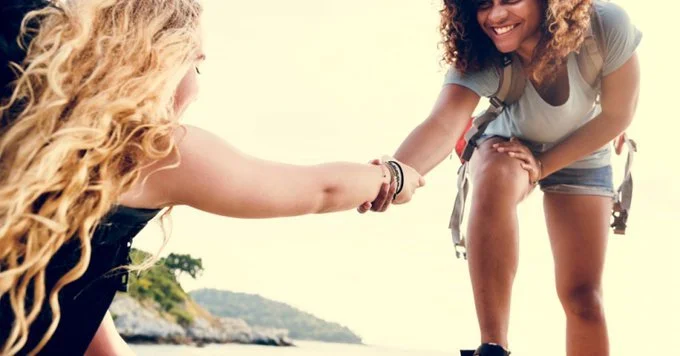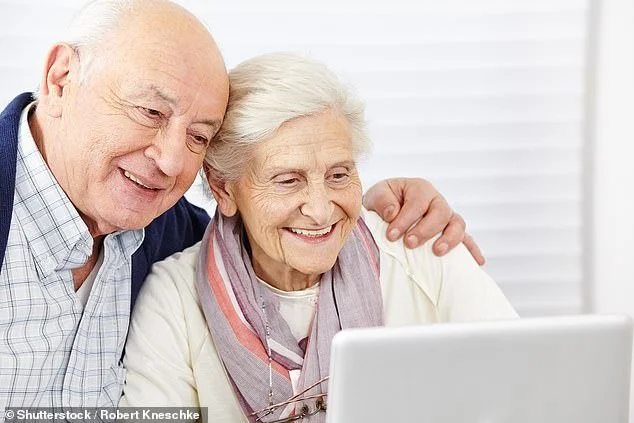MEDIA
Visit our Psychology Today blog here to learn about the psychology and neuroscience behind why people help, or fail to help, themselves and others.
FEATURED
ALL ARTICLES & PODCASTS
Psychology Today
Patricia Lockwood and Jo Cutler discuss reward and punishment learning across adolescence and contributions of data science in light of new paper with Ruth Pauli (“Action initiation and punishment learning differ from childhood to adolescence while reward learning remains stable.”, Nature Communications).
Image source: cottonbro studio/ Pexels
Todd Vogel has been cited in Washington Post article: ‘The brain loves a challenge. Here’s why’.
Jo Cutler shared her insights as a kindness expert at the Kind Kids Summit 2022.
Psychology Today
In this guest blog post, Lei Zhang, Ph.D., explains why we follow the crowd.
Image source: Vova Krasilnikov/Pexels
Psychology Today
”How do we decide what we want to know or not know? And why is some knowledge more important?”
In this post, Patricia Lockwood and Jo Cutler discuss three reasons why we seek or avoid information.
Psychology Today
Jo Cutler and Patricia Lockwood shed light on three ways in which wealth affects generosity.
Image source: Cottonbro/Pexels
Following her 2022 APS Janet Taylor Spence Award for Transformative Early Career Contributions, Patricia Lockwood was invited to talk about her work on social learning and decision-making across the lifespan.
Psychology Today
What motivates you to donate to good causes? Patricia Lockwood and Jo Cutler share multiple possible reasons highlighted by recent survey results and research in psychology.
Image source: Liza Summer/Pexels
Psychology Today
In this new guest blog, Daniel Martins, M.D, Ph.D., explores how intranasal oxytocin affects activity in brain areas involved in learning to help.
Read the study that inspired the blog here.
Listen to Dr. Jo Cutler discuss what happens in our brain when we are helping other people here (from 12:10).
Based on work led by Dr Patricia Lockwood (SDN lab) & Dr Matthew Apps (MSN lab, University of Birmingham).
Psychology Today
How does learning change with age? In this new blogpost, Patricia Lockwood and Jo Cutler discuss evidence for learning changes from birth to old age.
Image Source: Antoni Shkraba/Pexels
Psychology Today
In this piece, Jo Cutler and Patricia Lockwood draw on the latest neuroscientific findings to discuss how our willingness to help other people may differ across the lifespan.
‘As the population ages, will the world become more helpful or more selfish?’
Psychology Today
Struggling with Christmas shopping? Jo Cutler and Patricia Lockwood share 3 tips based on science to help you find the perfect gift!
Image source: Liza Summer/Pexels
Psychology Today
In this new blog post, Jo Cutler and Patricia Lockwood discuss how people decide to help others, and how we might encourage it to occur more often.
'As scientists race to understand omicron there are things we can do to slow the spread of COVID-19, but how do we decide if we are willing to do them?’ @DrJoCutler, Twitter
Image source: Tim Douglas/Pexels
Psychology Today
For World Kindness Day, Jo Cutler and Patricia Lockwood reflect on lessons from psychology and neuroscience.
'Saturday, November 13, 2021, is World Kindness Day, a global celebration of good deeds and a reminder to perform acts of kindness to make the world a better place. However, people are not kind all of the time. Selfishness resides in all of us. What can we do to be more kind?’
Image source: KonstantinChristian/Shutterstock
The Daily Mail
“Older people are more likely than younger people to do things that benefit others, such as social distancing during the Covid pandemic and making charitable donations, new research suggests.”
The Daily Mail
“Older people can pick up new skills faster if doing so benefits other people, rather than themselves — unlike young adults, who learn faster when helping themselves. This is the conclusion of a study by researchers from the Universities of Birmingham and Oxford […].”
The Daily Mail
Older adults are more willing to make a physical effort to help others than younger adults, a new study reveals.
Jo Cutler was interviewed by ABC Australia about her work on charitable giving for “Giving Tuesday”, the Tuesday that follows Black Friday and Cyber Monday.
Do you regularly hold the door open for others? What about helping someone move? The first act doesn’t cost money or even much effort, just a few minutes of your time. The second is more demanding, the kind of helpfulness we usually reserve for good friends or relatives (though we often expect them to thank us with pizza and beer). Psychologist Patricia Lockwood, a research fellow at Oxford University, has spent the first decade of her career trying to pin down the circumstances under which we are willing to behave in a way that benefits others, or to be what scientists call prosocial.
The Naked Scientists
Although empathy is often associated with traits like helpfulness and generosity, not a lot is known about how helpful behaviour and empathy might be linked in the brain. Now, scientists have pinpointed part of the brain thought to drive us to learn how to be more helpful. The findings also suggest that people with higher levels of empathy are quicker to learn what they need to do to help.
The Telegraph
Scientists have for the first time identified the specific region of the brain responsible for altruistic thoughts – and it appears to work naturally better in some people than in others.
Image source: Getty Images
The Guardian
Although people are slower to learn to do tasks that help other people, research participants rated as more empathic proved to be quicker learners.
Image source: PeopleImages.com/Getty Images
Neuroscience News
The way our brain responds to others’ good fortune is linked to how empathetic people report themselves to be, according to new UCL-led research.
Image source: Geoff B Hall
Science Daily
The way our brain responds to others' good fortune is linked to how empathetic people report themselves to be, according to new UCL-led research.
Image source: Science Daily
TIME
Children who cruelly disregard other people’s pain and psychopathic criminal offenders show dysfunction in similar brain regions— but new research finds that the changes may lead in opposite directions.
Image source: Jose Luis Pelaez / Getty Images
NBC
Children with severe behavioral problems have a suppressed response to others' pain, according to new brain-scan research.
Image source: NBC
VIDEOS
That's Oxfordshire
In this video Dr Lockwood discusses research that identifies a part of our brain that helps us learn to be good to others.
'Prosocial behaviours are social behaviours that benefit other people. They are a fundamental aspect of human interactions, essential for social bonding and cohesion, but very little is currently known about how and why people do things to help others.’



























